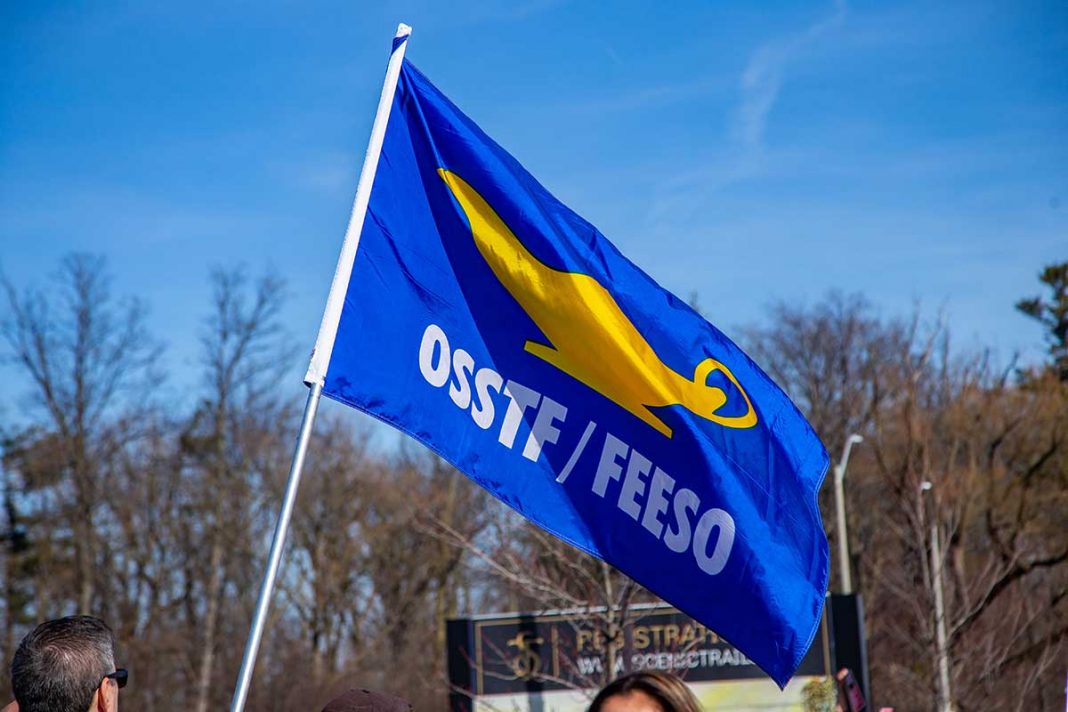TORONTO – Both of the Island’s secondary and elementary school teacher’s unions announced work to rule campaigns citing a lack of progress in negotiations on a new contract. Teachers have been without a contract since August 31.
Education Minister Stephen Lecce said the government is “continuing to be reasonable” and has made some movement on key issues while the high school teachers’ union has not.
Both the Ontario Secondary School Teacher’s Federation (OSSTF) and the Elementary Teachers Federation of Ontario (ETFO), unions which represent the teachers in Manitoulin schools, have maintained that the work to rule action will not impact student learning, being focussed on administrative and government interactions.
Barb Blasutti, president of the Rainbow District School Board ETFO local said the job action is targeted at school administration and the Ministry of Education. “It is extracurricular activities that would involve meetings with ministry officials or meetings with school board officials, that kind of thing; that will not occur,” she said. “This strike action is not going to affect students, or their learning or their safety.”
The province and the unions have widely divergent views on how negotiations have been proceeding and the key issues preventing a contract settlement.
ETFO president Sam Hammond said the main issues in these negotiations include preserving full-day Kindergarten, addressing violence in schools and better supporting special needs students, but Education Minister Stephen Lecce has said compensation is the major issue for the union. The recent passage of Bill 124, limiting any public sector wage increase to one percent annually, has definitely not improved the climate at the bargaining table.
Meanwhile, both unions claim the province has not made any meaningful move at the table, while the province claims that they have made significant offers.
Union job action will include information pickets before and after school or at lunch, during which teachers will hand out pamphlets to parents and members of the public, but not to students.
Teachers will also refuse to take part in any provincial standardized tests, board or ministry professional development or any after-hours staff meetings. They will provide only marks for any upcoming report cards.
Teacher unions are opposed to a number of government initiatives, including the move to bigger classes starting in Grade 4 at the elementary school level.
In high school, the province wants to boost the average size of classes to 25 students from last year’s 22, down from an original proposal of 28. Moving to an average of 22.5 students this year has already led to fewer teachers in the system and more limited course options in most boards. The government also wants to make two online courses mandatory for high school students.





